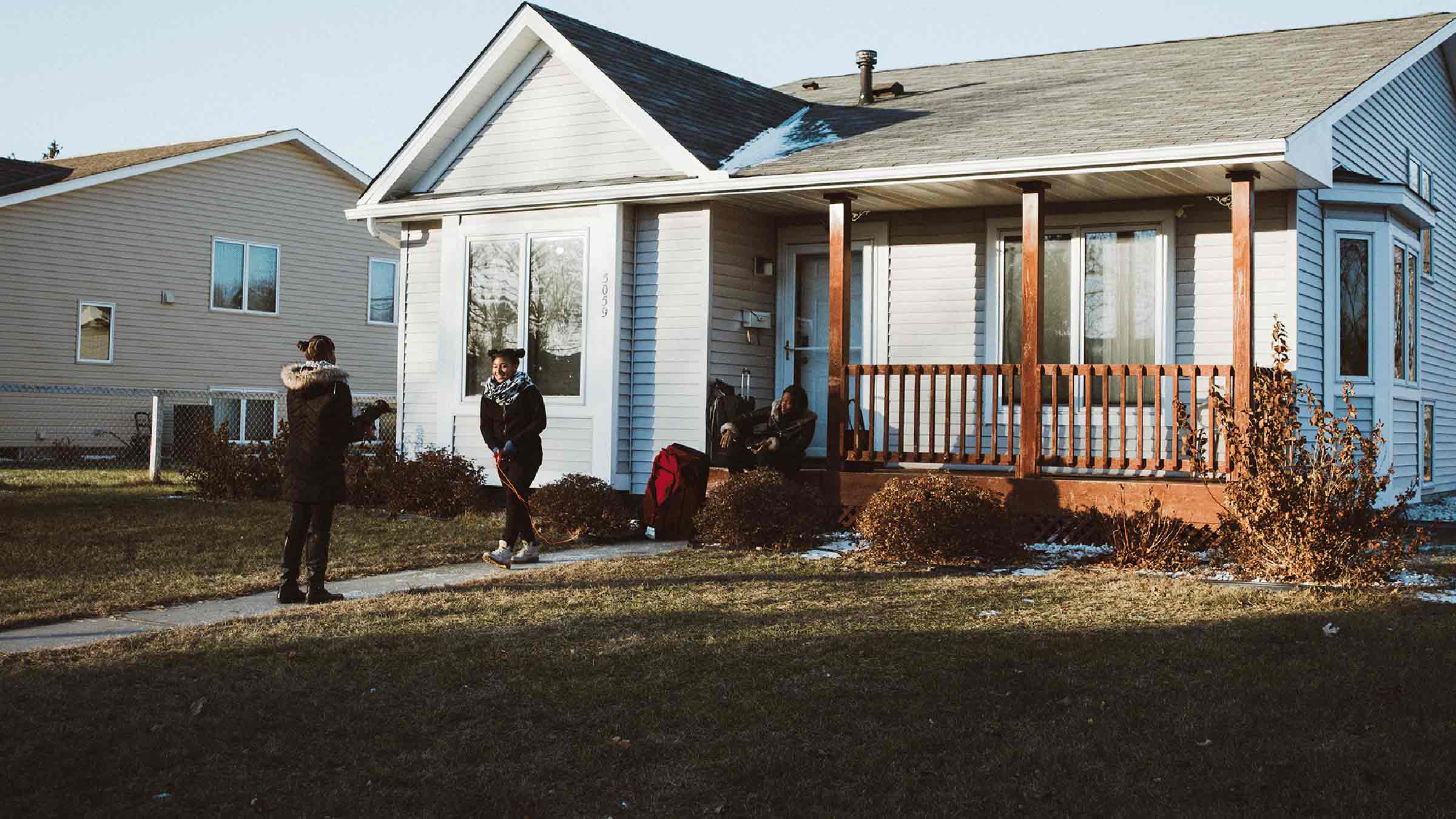
Greater Twin Cities United Way’s 211 resource helpline connects people to services and resources related to housing, food, childcare, employment and more. If you or someone you know is in need, dial 211, text your zip code to 898-211 or visit 211unitedway.org. Our certified resource specialists are available 24 hours a day, 7 days a week and in multiple languages.
As COVID-19 continues to affect those most vulnerable in our community, our real-time 211 call data is highlighting ongoing and increasing community needs – specifically a growing need for housing and rent assistance.
As we look across the call data, a few trends are emerging.
Our 211 team tracks how COVID-19 is impacting call volume in three ways: COVID-19-specific referrals, subscriptions to our COVID-19-specific text updates and asking callers if their inquiry concerns COVID-19-related services.
The chart below shows the percentage of callers who indicate that their inquiry concerns COVID-19, which is about half of current 211 callers.
COVID-19-related contacts increased over the last half of March, and while we expect this trend to decrease slightly as the community adjusts to our current situation, we won’t know for sure as pandemic-related adjustments continue to be made.
Housing stability is a cornerstone of United Way’s community impact approach. Housing is also the most requested need by callers to 211.
The same is true now during COVID-19. However, when we scratch the surface, we’re beginning to see shifts that are important to note in conversations about community need.
One of the biggest changes we’re seeing is a staggering increase in requests for information on rent assistance, which is an umbrella term for programs designed to make housing more affordable using rental subsidies. These programs are important because, by keeping housing affordable, rent assistance keeps families in their homes, thereby avoiding the negative health, education and economic impacts associated with homelessness. Rent assistance also lowers housing costs, so families spend a smaller proportion of their income on housing and can spend more on other basic needs such as food, healthcare and transportation.
The chart below shows 211 rent assistance referrals for five Twin Cities metro counties for the last two weeks of March 2020 as compared to the same time last year. Our 211 team referred callers from Hennepin and Ramsey counties to rent assistance resources at a much higher volume this year than last year, and we’re also seeing staggering increases in rent assistance referrals to callers from Dakota, Washington and Anoka counties.
This increase is concerning because it could indicate that more people may be at risk of housing instability, and that this could be a very widespread issue across the Greater Twin Cities. It’s also an important reminder that so many of our issues are not confined to one specific geographic area, but are regional in nature, scope and resolution.